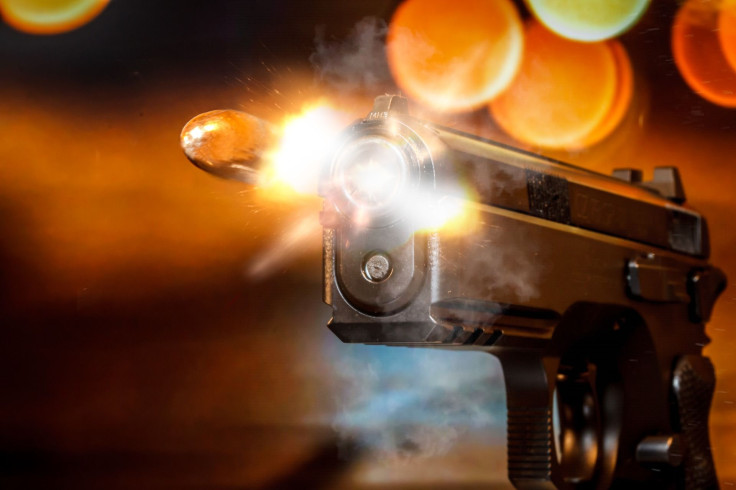What Are Ghost Guns? Major Cities Are Suing The US Government Over Weapons Purchasing Loophole
What exactly constitutes a firearm in the eyes of the U.S. government? That’s the question at the center of lawsuit leveled against the U.S. Bureau of Alcohol, Tobacco, Firearms and Explosives by several cities, calling for so-called ghost gun kits to be reclassified as proper firearms to make them traceable.
While sounding like something out of science-fiction, ghost guns actually are kits containing firearm parts that customers assemble themselves. Because they are sold as parts, the ATF does not class them as actual guns, meaning they can be sold online or at gun shows without background checks. Once assembled, they also lack serial numbers used for tracking.
The suit against the ATF was brought by the cities of Chicago; San Jose, California; Columbia, South Carolina, and Syracuse, New York, alongside the Everytown for Gun Safety activist group. It cites the growing presence of these guns on the streets, which is backed up by data. In Washington – which is not involved in the suit – police reported confiscating more than 100 ghost guns in 2019, a 342% increase from 2018. The ATF aid more than 30% of confiscated illegal weapons in parts of California are ghost guns.
“The ATF used to interpret the Gun Control Act the right way: They would look at how quickly a frame or receiver could be converted into an operable weapon,” said Eric Tirschwell, managing director of legal matters at Everytown, referring to ATF’s definition of a firearm until 2006. “If it was pretty quickly, they would say, ‘Yeah, that’s a firearm.’”
The suit accuses the bureau of failing to adhere to the Gun Control Act, which states the “frames for pistols, and receivers for long guns” should be classified and regulated as firearms. While declining to comment directly on the suit, the ATF ssid it properly investigates criminal uses of guns assembled privately by owners.

© Copyright IBTimes 2025. All rights reserved.





















